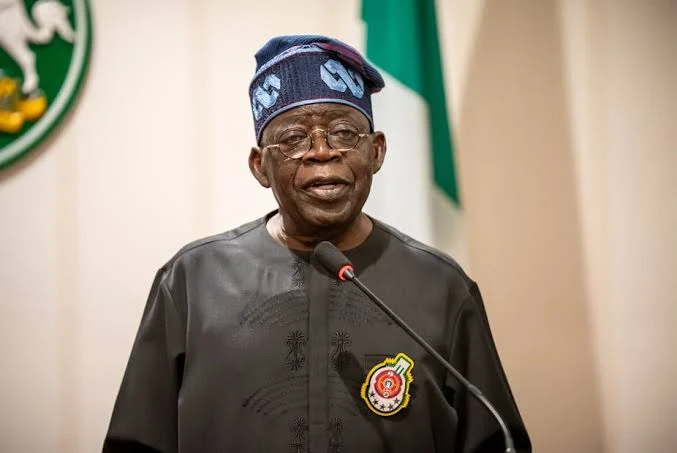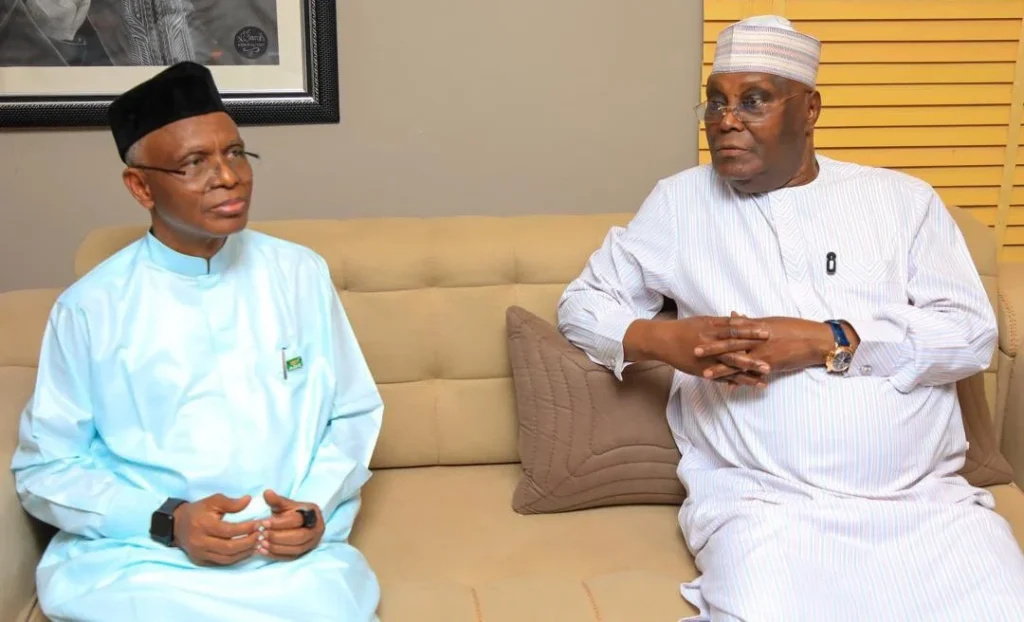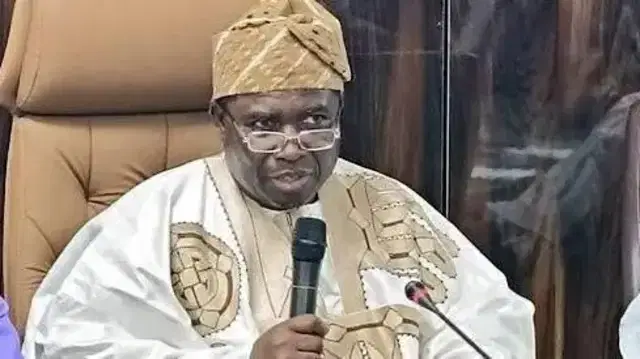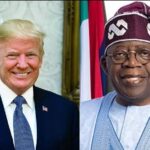Nigeria Trains Generals Abroad but Fails to Use Them When Crisis Hits
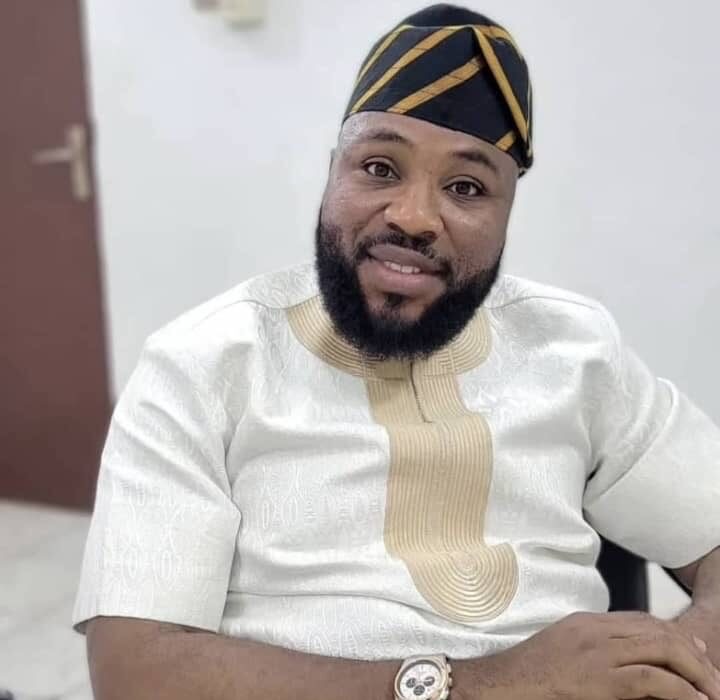
Bamidele Atoyebi
Nigeria is a country that spends money boldly. We invest in training, equipment, foreign courses, military exposure, and diplomatic programmes. We send our police, soldiers, intelligence officers, and senior military personnel abroad to learn the best global practices. These men and women return home with world-class knowledge, international networks, and strategic relationships built over decades. Yet when it is time to make use of these resources, we suddenly act helpless. This contradiction is at the heart of our national problem, because a sovereign nation that has invested billions in training its officers should never struggle to defend itself on the global stage, especially when accused of something as grave as “Christian genocide.”
When President Donald Trump issued a threat of potential military action against Nigeria on the basis of alleged Christian genocide, our government responded the usual way with hurried press statements, political delegations. Yet the most effective tools Nigeria needed were already in our hands. For decades, Nigeria has trained dozens of senior military officers abroad in the U.S., the U.K., India, Pakistan, Egypt, and other nations. Many of these officers are now generals. Their classmates abroad have also risen to the rank of general. These relationships are more valuable than any political delegation because if the U.S. President is considering military action, he will not fly a jet himself. He will rely on generals, admirals, and strategic commanders the very people our own generals once sat with in classrooms, drills, and simulations.
These are their colleagues, and these are the people who would understand the Nigerian reality if it is explained by fellow military professionals, not political appointees, reading government talking points. The moment the Trump threat became public, Nigeria should have assembled all senior Nigerian officers trained abroad, especially those with U.S. course mates, and sent them as the first delegation to Washington instead of politicians. They should have been allowed to brief their fellow generals in the Pentagon, the U.S. Air Force, and the U.S. Navy, and present the proper perspective of Nigeria’s security crisis using intelligence and firsthand operational knowledge.
Those Nigerian generals would have explained that Nigeria faces different but interconnected security challenges across regions.
In the North-West, bandit groups operate mainly kidnappings for ransom, illegal mining, and criminal enterprise, not religious ideology.
Moving to the North-East, Boko Haram and ISWAP are the actual religious fundamentalists responsible for targeting Christians.
In North-Central Nigeria, violent clashes affect farmers through a mix of herder-farmer conflicts, banditry, and kidnappings-for-ransom. These include attacks on farmers over land and grazing disputes, kidnappings sometimes targeting entire families, displacement from homes and farmland, economic losses including destroyed property and livestock rustling, and reduced local food supply as abandoned farms cannot produce crops. This ongoing crisis can be described as “armed communal violence affecting farmers,” blending herder-farmer disputes, criminal banditry, and kidnapping-for-ransom operations.
The generals would have made it clear that military operations in Nigeria are complicated internal matters, and any foreign strike would worsen the humanitarian crisis and strengthen extremist factions. Once this context is presented by people who understand warfare, the U.S. military establishment would see the situation differently, not through political narratives but through operational realities that only soldiers can explain to soldiers.
This approach would have been a better way to counter embassy and foreign personnel reports which the government relies on and is fraught with biases, especially as those embassy and intelligence reports still rely on Nigeria sources on ground. The generals would have been able to counter and correct at high levels what is known as intelligence chaff which might have filtered into the reliable sources and therefore believed as reality which may be the Nigerian case with Trump.
Nigeria also needed to raise practical issues that only military professionals can communicate effectively. For example, we have Super Tucano jets sitting in Kainji, Niger State, fully functional, but the associated equipment required to operate them effectively like the precision kill equipment the U.S. is obligated to supply was delayed for four to five years. It was only recently approved. The government should leverage or explore other countries in buying the equipment to keep the Super Tucano flying instead of waiting for the U.S. to supply necessary equipment, which has been withheld. Nigeria should explore China, Russia, and Brazil for these essential equipments to ensure the Super Tucano remains operational. How does a country defend itself when essential tools are withheld? These are the kinds of discussions military colleagues understand deeply, and these are the issues their U.S. counterparts would respect and respond to.
Instead of leveraging decades of military diplomacy, Nigeria sent political delegations to appear before the U.S. House Foreign Affairs Committee, a committee that cares more about political optics than strategic realities. That was a fundamental error, because military matters are discussed by military minds first, while politics comes later. Nigeria is not lacking in trained personnel, intelligence networks, or global relationships; what we lack is the wisdom to use what we already have.
A nation that spends money must also learn how to extract value from those investments. A nation that trains generals abroad must deploy those generals when its national image and sovereignty are threatened. Until Nigeria learns to match its spending with strategic utilization, we will continue to appear weak in moments where we should show strength. And the world will continue to misunderstand us not because we can not defend ourselves but because we refuse to use the tools we already have.
Bamidele Atoyebi is the Convener of BAT Ideological Group, National Coordinator of Accountability and Policy Monitoring, and a publisher at Unfiltered and Mining Reporting.


